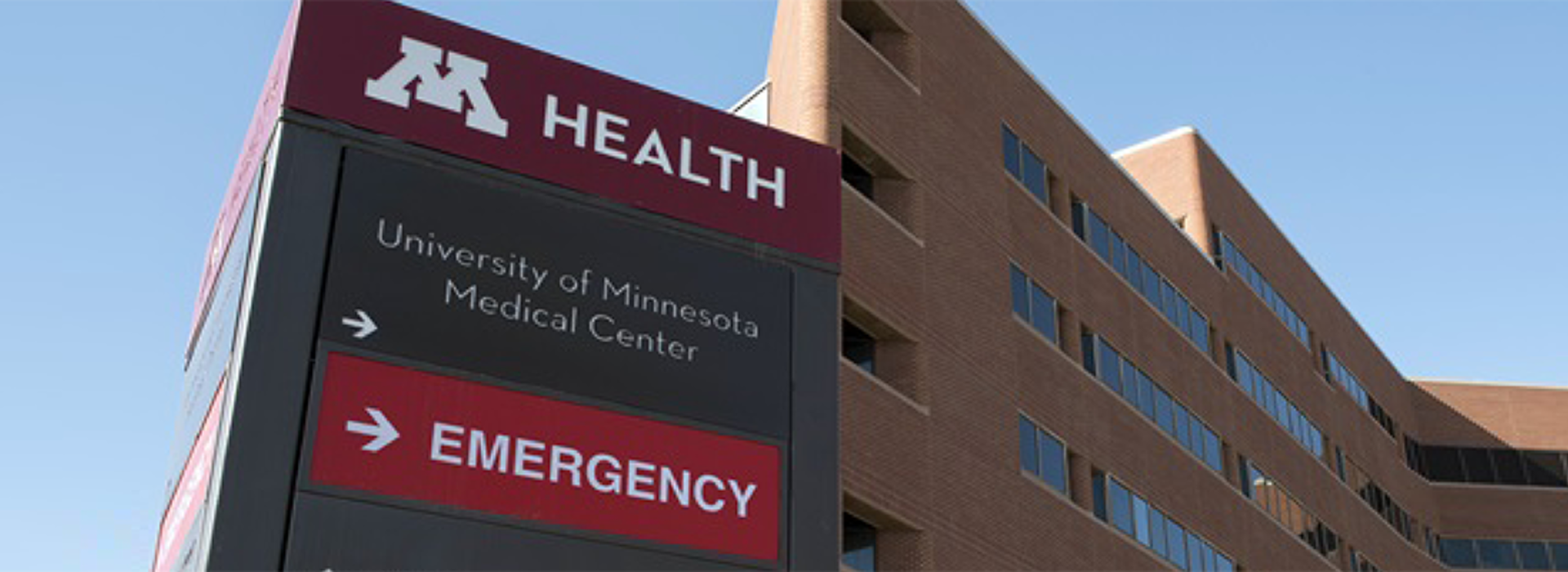
New Headache Care Program Connects Patients to Latest, Advanced Headache Treatments
MINNEAPOLIS, Minn. – More than four million people in the United States suffer from chronic migraines, experiencing at least 15 migraine days per month. 44 percent of people experiencing severe headaches or migraines are never diagnosed. University of Minnesota Health has launched a new Headache Care program to help Minnesotans gain quick access to specialized headache care and the latest treatments.
Regular headache sufferers have often tried a variety of over-the-counter drugs, prescriptions, or natural remedies for headaches, but many have become resigned to dealing with the discomfort when these options don’t work for them. M Health neurologist Sarah Benish, MD, assistant professor in the Department of Neurology at the University of Minnesota, explains that new injections approved by the FDA in 2018 may offer a solution for people who have tried everything yet still find their work and social life interrupted by chronic migraines.
“It’s an exciting time to be treating headaches,” says Dr. Benish, who treats patients through the Headache Care program. “For the first time, we have a treatment that works to prevent migraines from taking root by chemically targeting pain sensors in the brain. Other treatments help lessen the likelihood of triggering a headache or target the symptoms of headaches, but those don’t always work for patients who experience chronic migraines."
Both the injections, called Monoclonal Antibody Injections, and Botox are among the treatment options patients can access through University of Minnesota Health.
“For some people there is no cure for headaches, but our program neurologists and physiatrists are trained to help patients understand their type of headache, such as migraines, tension headaches, or cluster headaches, and find a solution that helps decrease the intensity and frequency,” Dr. Benish adds. “We develop a customized treatment plan with each patient and can connect them to resources like acupuncture, physical therapy, and chiropractic care — there are options besides just taking medication.”
The University of Minnesota Health Headache Care program allows patients to make an appointment without a referral, though patients should check with their insurance to see if their plan requires one. The program aims to keep patients from seeking costly, emergency care when experiencing a headache, and instead come up with a personalized, lasting solution to prevent disruptive headaches.
To help decide when it’s a good idea to consult a headache specialist, patients can ask themselves two questions: do headaches make it difficult for me to function in daily life? And, am I experiencing a new type of headache that I haven’t experienced before? If a person answers yes to either of these questions, the interdisciplinary experts with the Headache Care program can help.
Timely appointments are available Monday through Friday by calling (612) 626-6688. For more information visit www.mhealth.org/headache.
About University of Minnesota Health
University of Minnesota Health represents a collaboration between University of Minnesota Physicians and University of Minnesota Medical Center. Working together, we provide exceptional care in a wide range of specialties at our hospitals, clinics and in community-based facilities throughout the region. Visit: www.mhealth.org.
Press contact:
Krystle Barbour, Media Relations Manager
Office of Communications - Medical School
University of Minnesota | med.umn.edu
Office: 612-626-2767
Email: kbarbour@umn.edu